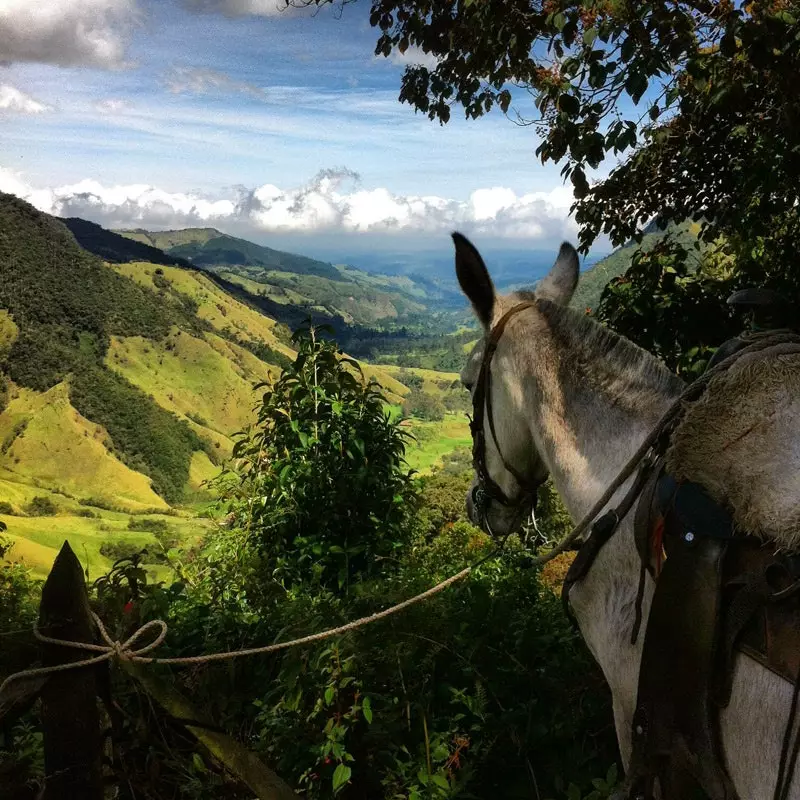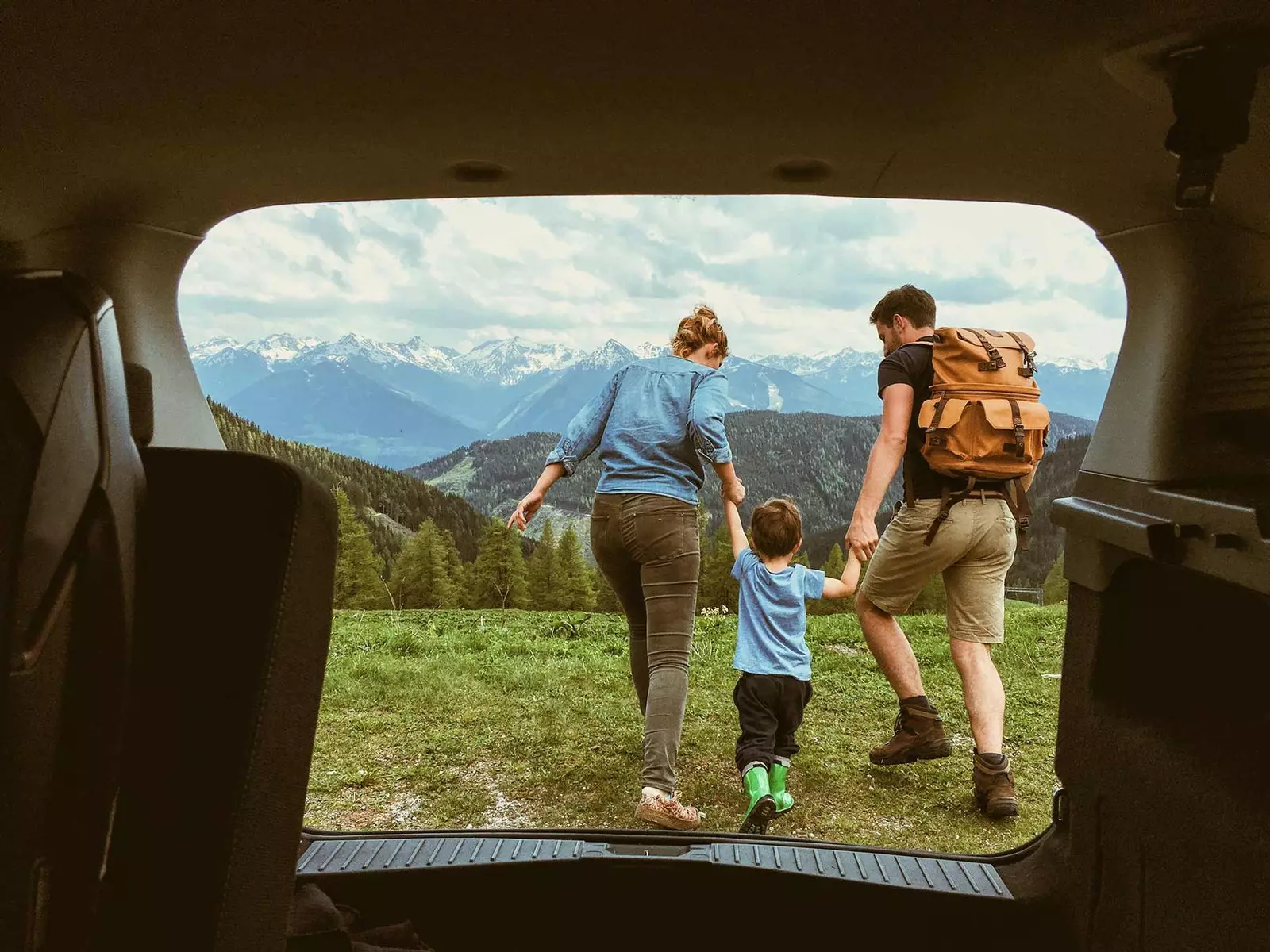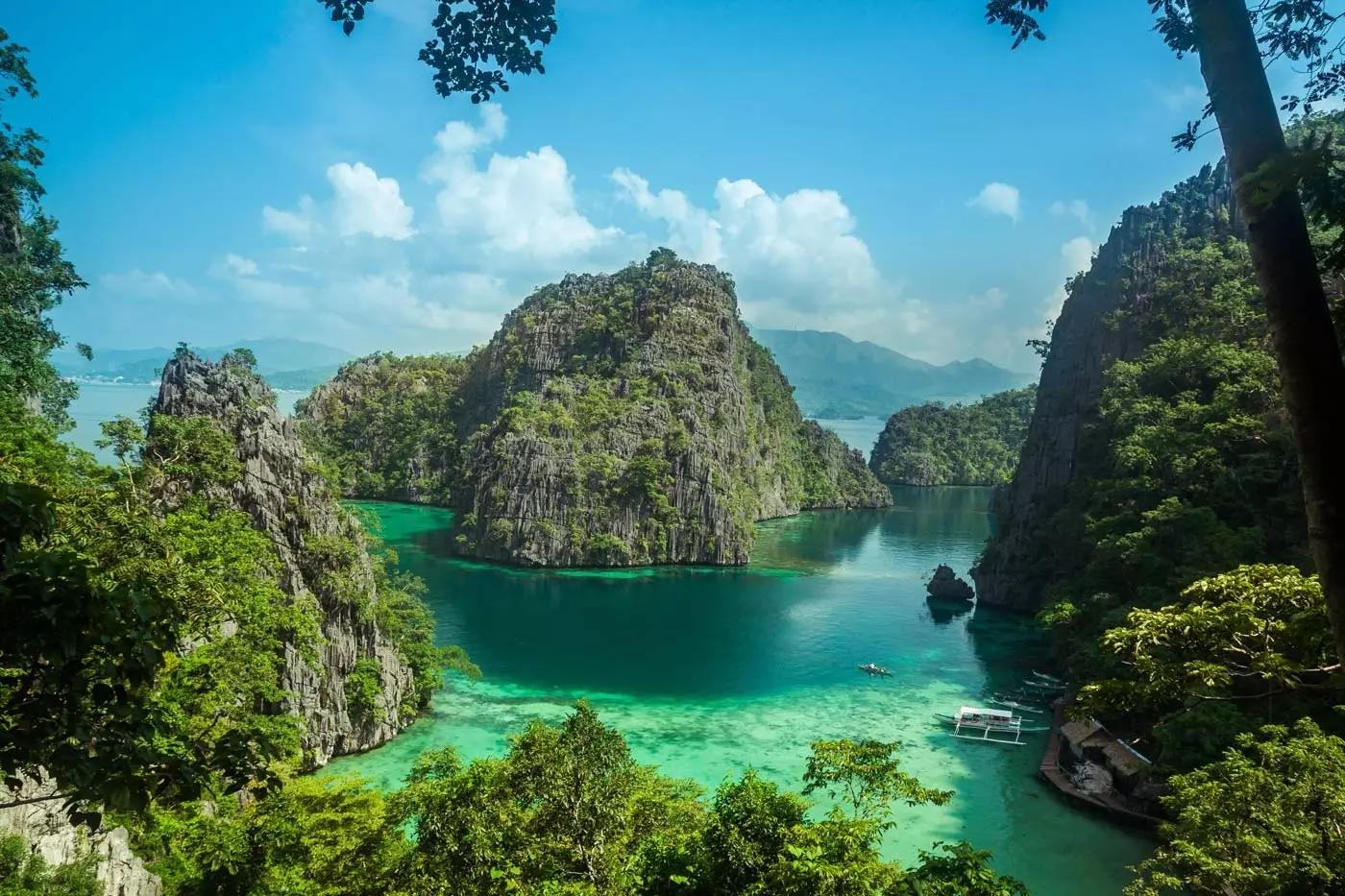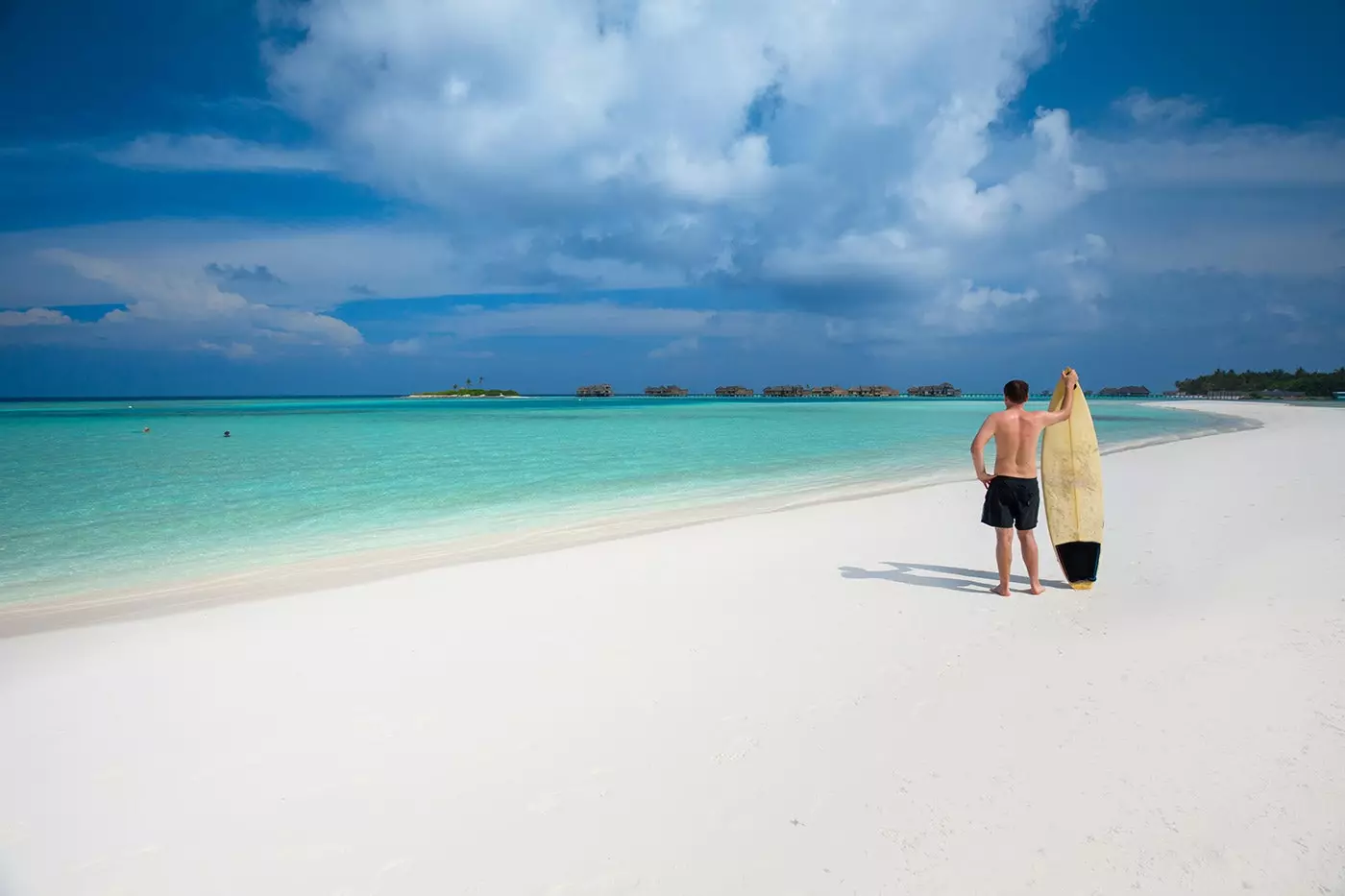
The trip is a transformative moment, and respectful?
We are in the International Year of Sustainable Tourism for Development , as declared by the United Nations General Assembly. The objective? Awareness about the urgency of meeting the **17 Sustainable Development Goals (SDGs)** and reflecting on how to create positive change on the planet. Thus they joined the initiative from the World Tourism Organization (UNWTO) with the Travel Enjoy Respect campaign (travel, enjoy and respect).
What if we were aware that every small gesture during our escapades can mark a revolution? Every September 27th the world tourism day Sustainable and this year the Interworld Foundation , UNWTO and the Responsible Tourism Institute have created a manifesto for respectful travel .
TEN TIPS TO BE A RESPONSIBLE TRAVELER
1. Be aware of the risks involved in traveling and take the necessary precautions
Investigate, when you are planning your trip, the characteristics of the destination you want to know and take the necessary measures to have all the documentation, travel insurance or medical checks that may be requested up to date. In addition, follow the recommendations of local authorities at all times, especially in case of emergencies. Check the origin of the products you consume to avoid any risk, especially infectious or derived from allergic reactions or intolerances.
two. Promotes the local development of the destination, consuming local products
Support local ** entrepreneurship ** by consuming products or services that are produced in the destination and whose direct and indirect benefits are distributed transversally and favor the most vulnerable groups. Also, when you buy any good or service, buy only what you really need and do it at a fair price so as not to destabilize the local economy nor the living conditions of the owners or employees of local businesses.

The coffee region of Colombia: unique scenarios in the world
3. Share and learn about your host community, respecting their values and traditions
Learn, whenever possible, about the cultural aspects of the destination you visit (customs, gastronomy, languages or dialects, traditions, heritage…) . Also, make sure you know their social norms to avoid behaviors that could be offensive or humiliating to your host community. Similarly, be a tolerance example , creating mutual learning opportunities with locals and other travellers, and avoid conflicting or unwanted situations.
Four. Contributes to the conservation, protection and regeneration of the land's aquatic and terrestrial ecosystems
Enjoy only products, services and experiences that guarantee the sustainable exploitation of the aquatic and terrestrial resources of the destination and that respect the natural habitat of the native or foreign fauna and flora, avoiding animal abuse or the destruction of the environment. In the same way, adopt a responsible behavior, avoiding waste generation , and collaborates with the sanitation and cleaning programs carried out at the destination to prevent the deterioration of natural spaces and maintain biodiversity.

Ready?
5. Respect diversity and do not encourage or participate in discriminatory activities
It favors the elimination of barriers that limit integration of people for reasons of gender, origin, religion, sexual orientation, economic situation or other condition; avoiding sexist language, offensive comments or the use of labels that contribute to negatively stereotyping these groups. It also facilitates access and equal opportunities to those who have different needs in terms of mobility and communication, respecting the spaces or services intended for their use.
6. Consume responsibly and participate in the sustainable management of resources
Choose products, services or experiences that guarantee the management and intelligent and efficient use of water and energy resources , consuming those that generate less impact on the environment and can be recyclable or reusable. Avoid excessive or wasteful consumption of water and opt, whenever possible, for transport with little or no polluting emissions. Likewise, calculate your carbon footprint and offset it as much as possible.

El Nido Marine Sanctuary, Philippines
7. Promotes the sustainability of the destination's heritage and infrastructure
Pay special attention to recognizing how the destination and the infrastructures that make it up (buildings, transport, housing, public spaces...) are managed so that your visit does not alter local life. Also, contributes to the conservation of tourist attractions , respecting the rules and accesses designed for its preservation and protection.
8. Choose products, services or experiences that enhance the sustainability of the destination through R+D+i
Prioritize those products, services or experiences that, whenever possible, incorporate new technologies and innovative methods that contribute to the sustainability of the destination through savings or better use of resources, information or communication capacity.
9. Promotes decent and fair working conditions that respect the rights of workers
Verify that the products or services you consume have been produced in decent and fair working conditions that integrate the local population or at risk of social exclusion and that avoid sexual or child exploitation, animal abuse or unhealthy conditions, among others. Similarly, treat all workers with respect , both those of the companies of the destination to which you are traveling and those of your own community.
10. Join the manifesto of the responsible traveler and share it, because the responsibility is shared

Doesn't it inspire you?
